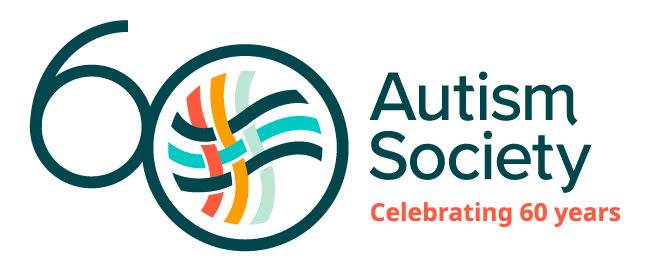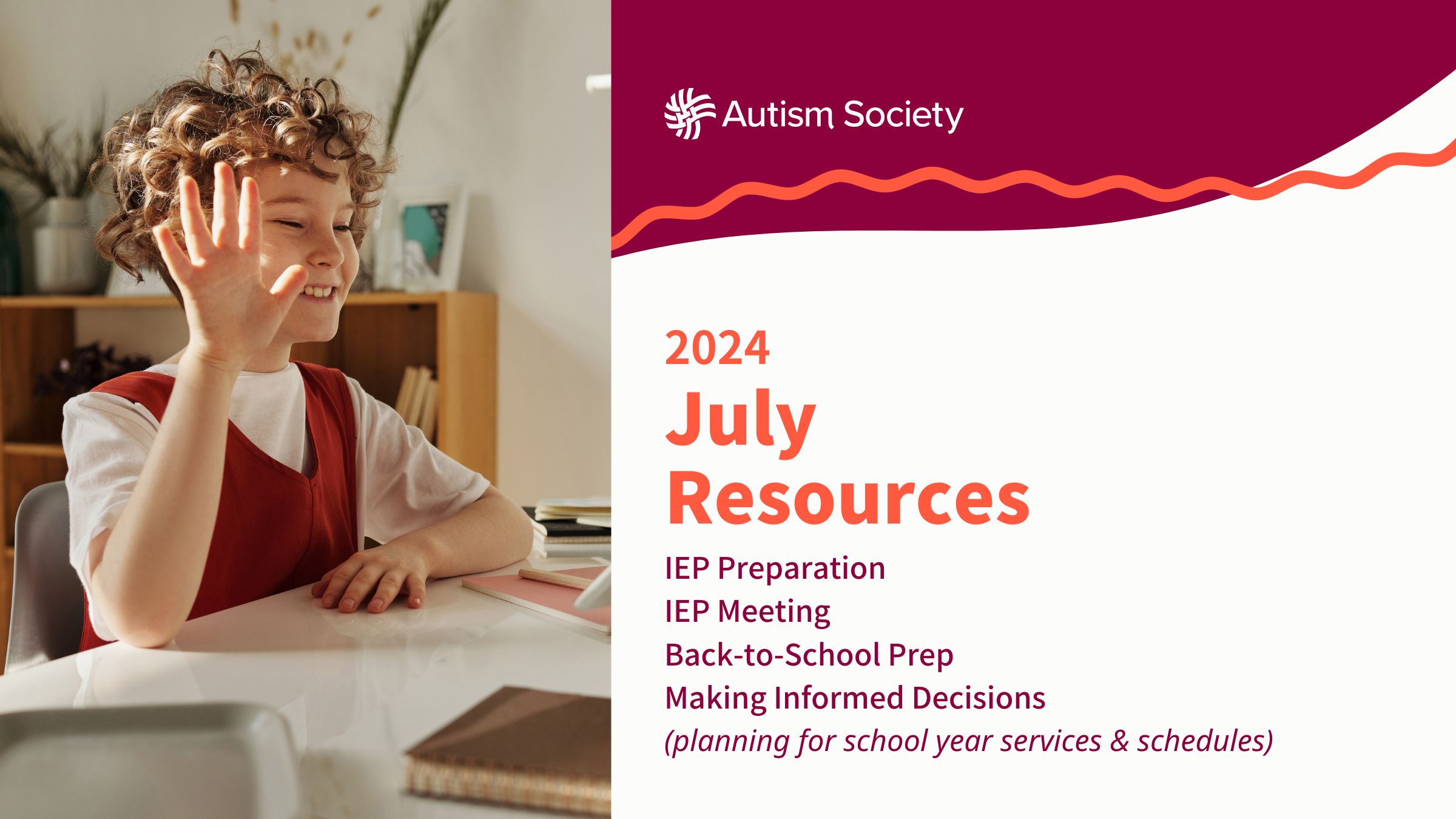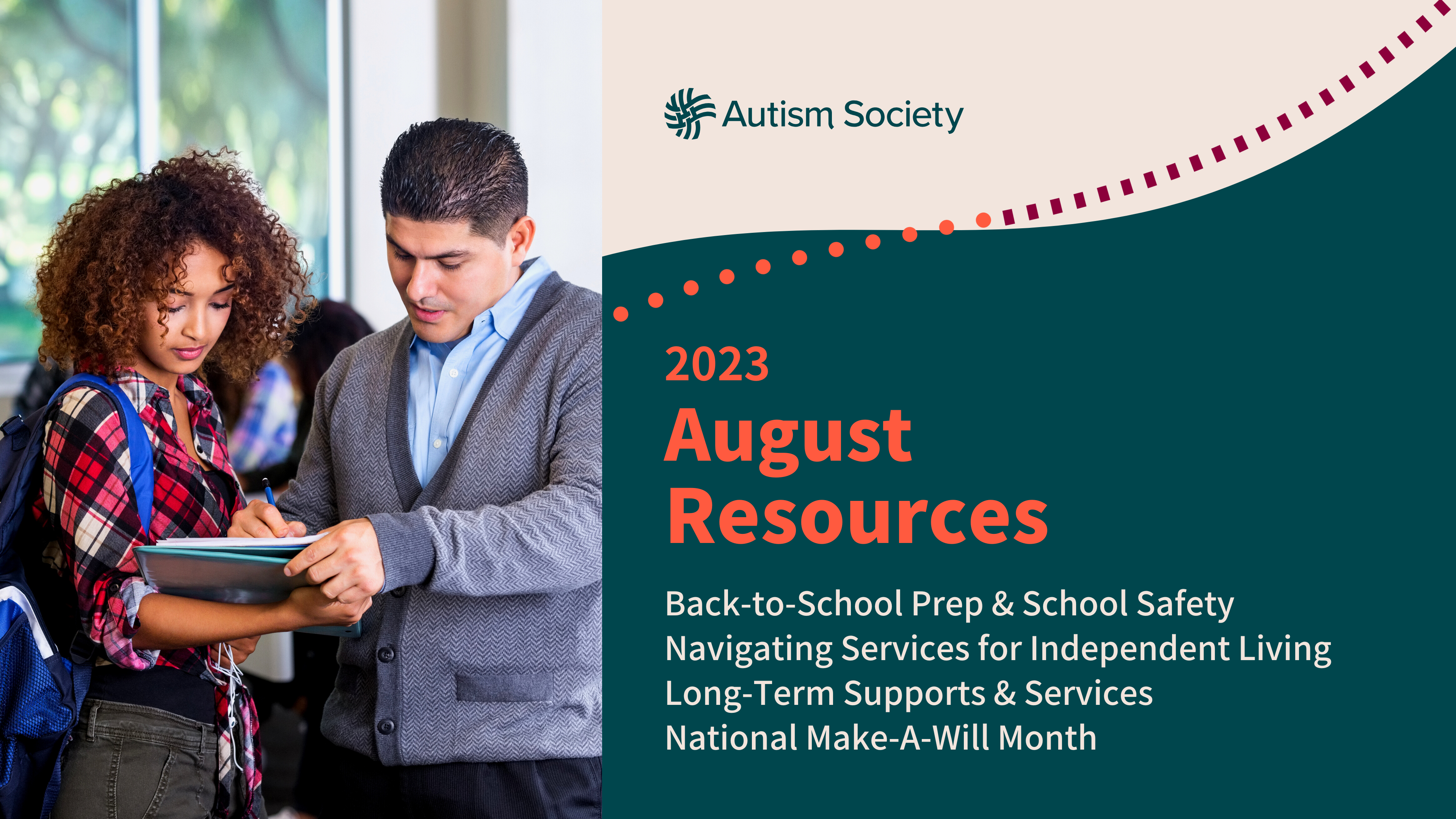
In this special edition of Capitol Connection, find a brief analysis of the recently passed omnibus spending bill for fiscal year 2023 and how it impacts people with Autism.
This week, Congress passed an omnibus spending bill that wraps all 12 spending bills into one to provide funding for federal government programs, including those that impact people with Autism and other disabilities. The President is expected to sign the bill in the coming days. Overall, the Autism Society is pleased that Congress was able to come to an agreement to pass a compromise bill and thus avoid a government shutdown or year-long continuing resolution.
Of the 12 annual funding bills, the Labor, Health and Human Services, Education, and Related Agencies (L-HHS-ED) bill funds most of the programs important to people with Autism and other disabilities outside of Medicaid and Social Security.
The following is a brief analysis of how the bill impacts programs that support people with Autism and other disabilities along with a table comparing FY 23 to FY 22 funding.
Labor-HHS-Ed
The fiscal year 2023 L-HHS-ED funding bill provides $226.8 billion, an increase of $15 billion – 7.1 percent – above fiscal year 2022. As you can see from the table below, there were proposed larger increases in the President’s budget and House and Senate bills. However, the final bill provides much-needed increases in many programs.
Electric Shocks
In addition to program funding, two policy objectives supported by the Autism Society were included in the funding bill. First, the FY 2023 funding package (see page 3542) provides a directive to discontinue the use of electrical stimulation devices (ESD or shocks). This is a policy objective supported by the Autism Society for years. It is unclear at this time whether the FDA will have to take additional action for this provision to take effect.
ABLE Age Adjustment Act
Another bill tacked onto the funding package (page 2155) is the ABLE Age Adjustment Act. This is another bill strongly supported by the Autism Society. This bill will increase the age of eligibility for the program to those disabled after age 26 up to age 46.
Health and Human Services
Programs authorized under the Developmental Disabilities Act are all increased, except for Projects of National Significance. This includes University Centers for Excellence (+$1 million), Protection & Advocacy or disability rights network (+$3 million), and Developmental Disabilities Councils (+$1 million).
The Lifespan Respite Care Act (+$2 million) and National Family Caregivers (+$9 million) programs also received small, but significant increases.
The Autism CARES Act program under the Health Care Resources Administration (HRSA) that provides interdisciplinary training to health professionals and develops evidence-based interventions receives a small $2 million increase in the bill. Other Autism CARES Act programs within the CDC and NIH also receive increases. The agreement directs part of the CDC increase to expand the Autism Developmental Disabilities Monitoring (ADDM) Network and to re-establish surveillance of cerebral palsy in at least two ADDM sites. Of note, the bill includes increases for the CDC’s work on the prevention of drowning and suicide – two activities critical to the Autism community.
The bill provides $501.6 million, a nearly $400 million increase, for the Suicide Prevention Lifeline to successfully transition to the new 988 number. 988 is the new three-digit dialing code that will route callers to the National Suicide Prevention Lifeline and is now active across the United States. This program is authorized under the Substance Abuse and Mental Health Services Administration (SAMHSA).
Education
The funding bill provides $15.2 billion, a 6 percent increase, for Special Education State Grant programs that support services to an estimated 9 million students and children with a disability. Significant increases to Part C early intervention (+ $44 million), preschool grants (+$10 million), and personnel preparation (+$20). Additional funding for Department of Education programs designed to increase the availability of mental health services in schools, including by expanding training programs to prepare new school counselors, social workers, and psychologists is in the final bill. Investments in job training, apprenticeship programs, and vocational rehabilitation programs, including level funding for supported employment are also included.
| Table Comparing Appropriations for FY 23 to FY 22 for Programs within the L-HHS-ED and DOJ bills (in millions) | ||||||
| FY22 Enacted | President FY 2023 Request | House FY23 bill | Senate FY23 bill | Final FY23 Bill | Difference between FY 22 and 23 | |
| Department of Health and Human Services | ||||||
| University Centers (UCEDD) | 42.0 | 47.0 | 42.0 | 45.0 | 43.0 | +1.0 |
| Projects of National Significance | 12.0 | 25.0 | 14.0 | 12.0 | 12.0 | 0.0 |
| DD Councils | 80.0 | 88.5 | 85.0 | 82.0 | 81.0 | +1.0 |
| Protection & Advocacy | 42.0 | 60.0 | 50.0 | 45.0 | 45.0 | +3.0 |
| Lifespan Respite Act | 8.0 | 14.0 | 14.0 | 14.0 | 10.0 | +2.0 |
| National Family Caregivers | 194.0 | 250.0 | 230.0 | 220.0 | 205.0 | +9.0 |
| Health Resources and Services Administration (HRSA) | ||||||
| Maternal and Child Health Block Grant | 748.0 | 954.0 | 873.0 | 952.0 | 823.0 | +75.0 |
| Autism and other DD | 54.0 | 57.0 | 57.0 | 57.0 | 56.0 | +2.0 |
| Centers for Disease Control and Prevention (CDC) | ||||||
| Center on Birth Defects and DD (NCBDDD) | 177.0 | 195.0 | 225.0 | 231.0 | 206.0 | +29.0 |
| Injury Prevention and Control | 715.0 | 762.0 | +47.0 | |||
| —Drowning | 1.0 | 2.0 | +1.0 | |||
| —Suicide Prevention | 20.0 | 30.0 | +10.0 | |||
| National Institutes for Health | ||||||
| NICHD | 1,683.0 | 1675.0 | 1,683.0 | 1,746.0 | 1,749.0 | +66.0 |
| NIMH | 2,100.0 | 2,200.0 | 2,217.0 | 2,333.0 | 2,113.0 | +13.0 |
| Department of Education | ||||||
| IDEA Part B | 13,000.0 | 16,000.0 | 16,259.0 | 15,319.0 | 14,194.0 | +1,194.0 |
| Part C Early Intervention | 496.0 | 932.0 | 621.0 | 591.0 | 540.0 | +44.0 |
| Preschool Grants | 410.0 | 502.5 | 440.0 | 445.0 | 420.0 | +10.0 |
| IDEA Part D programs | ||||||
| State Personnel Development | 38.6 | 38.6 | 38.6 | 38.6 | 38.6 | 0.0 |
| Technical Assistance | 44.0 | 49.0 | 44.0 | 84.0 | 44.0 | 0.0 |
| Personnel Preparation | 95.0 | 250.0 | 250.0 | 190.0 | 115.0 | +20.0 |
| Parent Information Centers | 30.0 | 45.0 | 40.2 | 45.2 | 33.0 | +3.0 |
| Education technology | 30.0 | 30.0 | 32.4 | 31.4 | 31.0 | +1.0 |
| Postsecondary Program for ID | 14.0 | 15.0 | 15.0 | 14.5 | 14.0 | 0.0 |
| Supported Employment | 23.0 | 23.0 | 23.0 | 23.0 | 23.0 | 0.0 |
| Department of Justice | ||||||
| Kevin and Avonte’s Law | 3.0 | 3.0 | 3.0 | 3.0 | 3.0 | 0.0 |
Housing and Urban Development
The final agreement provides $1.435 billion for the Housing for the Elderly and Housing for Persons with Disabilities program, and new incremental Section 8 Housing Choice Vouchers to support over 11,700 additional low-income households.
Medicaid
The bill also contains a number of Medicaid provisions, including a decision to create a glide path for ending the increased federal Medicaid state match (FMAP) that was originally tied to the end of the public Covid-19 health emergency. So instead of ending abruptly, the FMAP will start to decrease on January 1st, 2023, and will be reduced incrementally until December 31, 2023, but with certain protections regarding eligibility determinations in place for current enrollees, and state reporting requirements. The Medicaid Money Follows the Person program is extended through Sept 30 2027 at $450M per year as are the home and community-based (HCBS) Spousal impoverishment protections. See the Georgetown Health Policy Institute blog for more details about Omnibus health provisions for children.
Social Security
The omnibus bill includes a $785 million increase in spending for the Social Security Administration (SSA). This is a little more than half of the $1.4 billion the President requested to address the basic challenges SSA faces in staffing and the backlog of people waiting for services. Unfortunately, efforts to include improvements to the SSI program, such as increased asset limits, did not make it into the final package.
Department of Justice
Under the Department of Justice (DOJ), the funding bill provides $3 million for Kevin and Avonte’s law, a bill that authorizes programs to help prevent injuries or death due to wandering or elopement.
The start of FY 2024 budget process will begin in February when the President submits his request to Congress. The Autism Society will monitor the process closely and continue to keep readers informed.
Have a wonderful and safe holiday season!
Share:






